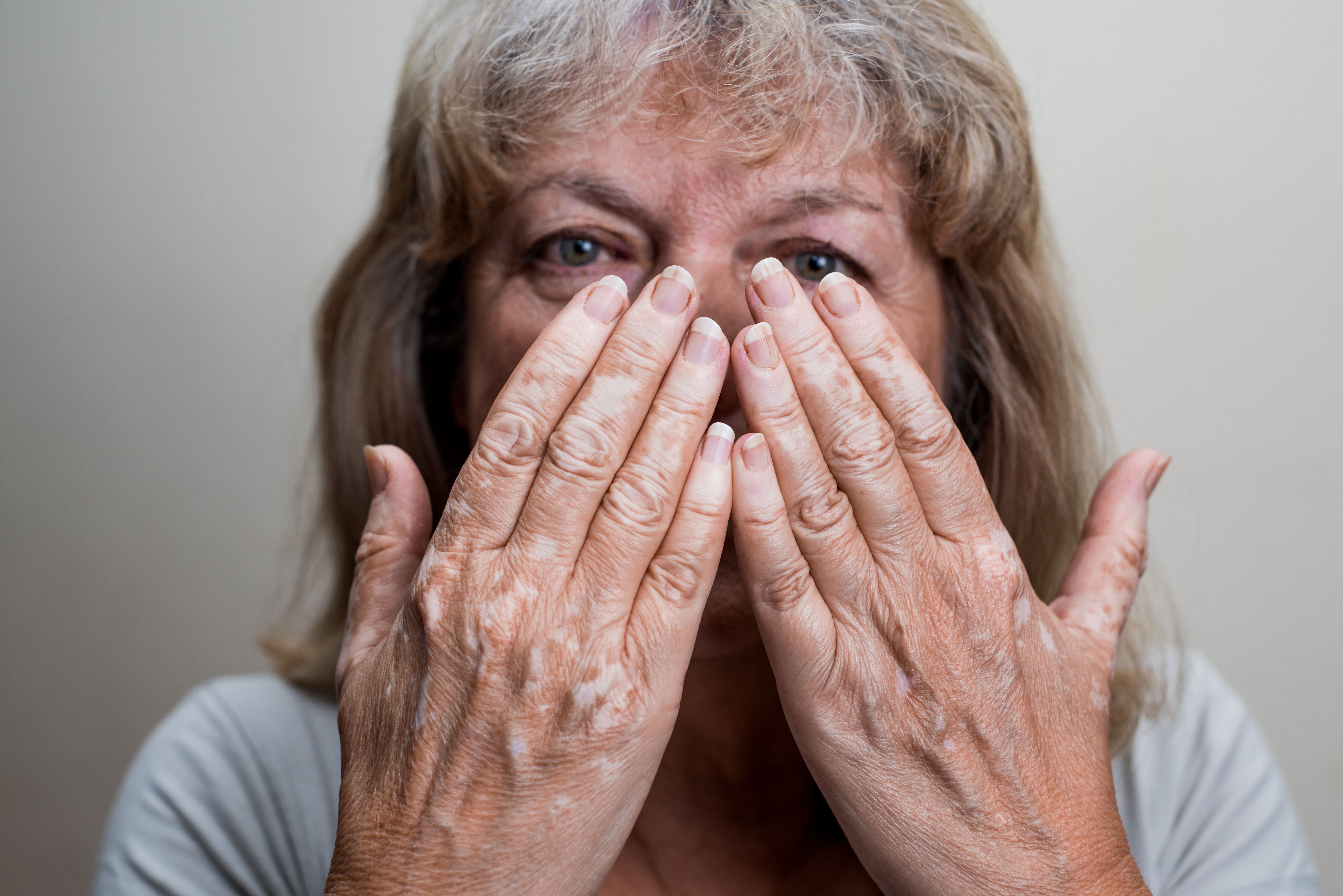Researchers at the University of Massachusetts (UMass) Chan Medical School are currently embarking on a multi-million-dollar clinical study aiming to identify the biological and molecular signatures that may predispose at-risk individuals to developing vitiligo.1
The $3.75 million study is being funded by the National Institute of Allergy and Infectious Diseases and is led by John Harris, MD, PhD, chair and professor of dermatology and director of the Vitiligo Clinic & Research Center; Manuel Garber, PhD, professor of molecular medicine, a member of the Program in Bioinformatics and Integrative Biology, and director of the Bioinformatics Core at UMass Chan; and Medhi Rashigi, MD, assistant professor of dermatology.
The researchers note that after the first year of vitiligo treatment, depigmentation is likely to return in as many as 40% of patient cases. This is compounded, they say, by a scarcity of samples and data from a cohort of patients who are representative of the collective of those with the condition, despite a significant link between genetics and vitiligo.1
Study enrollment began on June 25, 2023, or World Vitiligo Day. Over the course of the next 5 years, researchers hope to enroll around 1,000 participants in the study, which will be conducted entirely remotely. It is anticipated that of these 1,000 participants, 200 will have a clinical vitiligo diagnosis, while the remainder of participants will be family members or direct blood relatives of those with vitiligo.
Because of the link between genetics and vitiligo, Harris, Garber, and Rashigi say that they anticipate between 40 to 60 of the 800 familial participants without vitiligo will develop vitiligo at some point throughout the study’s duration.
Sampling will be conducted on a semi-annual basis, with participants being asked to complete questionnaires and submit blood, saliva, and skin tissue samples every 6 months. The questionnaires will garner data related to patients’ health, diet, and overall lifestyle. Researchers will examine the samples and questionnaire outcomes to identify environmental and outside factors, disease onset and severity, antibodies, biomarkers, and subclinical signatures of disease.
“Using this information, clinical scientists can build models to predict disease onset, progression and relapse,” according to UMass Chan Medical School.1 “Information gleaned from the clinical study can also be used to inform the course of other autoimmune diseases in which the body’s immune system attacks its own cells.”
Reference: https://www.umassmed.edu/news/news-archives/2023/06/clinical-study-aims-to-identify-early-molecular-and-biological-signatures-of-vitiligo/




Hiç yorum yok:
Yorum Gönder